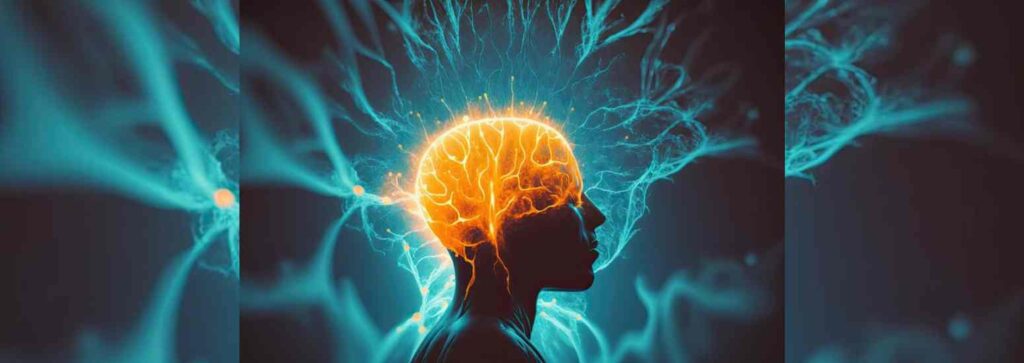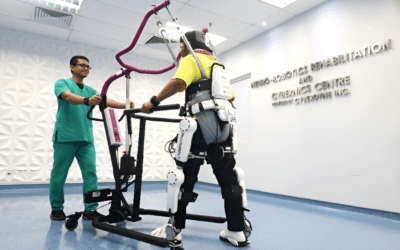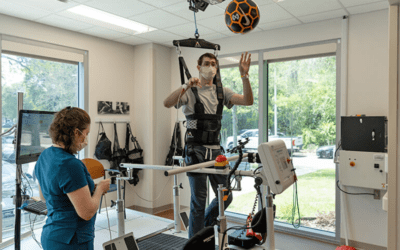Our culture now fills every waking hour with activities, often sacrificing sleep due to time constraints. Demanding work lives with long hours contribute to depression and sleep disturbances.
Different types of sleep disorders can be identified based on behaviours, disruptions in natural sleep patterns, breathing issues, difficulty falling asleep, or excessive daytime sleepiness. Patients may experience symptoms like dry throat, extreme fatigue, snoring, insomnia, difficulty waking up, or nighttime parasomnias.
Specialist centres and facilities are equipped with state-of-the-art technology and cutting-edge equipment to conduct rigorous diagnostic assessments and devise personalised treatment plans.
During diagnostic assessments, patients undergo comprehensive evaluations, which include meticulous scientific data analysis, environmental assessments, and physiological examinations. The diagnostic tests administered encompass a wide range of procedures, including overnight oximetry, polysomnography, maintenance of wakefulness tests (MWTs), telemetry (EEG) studies, continuous positive airway pressure (CPAP) titration tests, multiple sleep latency tests, and brain mapping.

Neurological conditions, such as migraines, epilepsy, or Parkinson’s disease, can disrupt sleep patterns by impacting the brain and nervous system’s ability to regulate and maintain healthy sleep.
- Disruption of circadian rhythms, commonly associated with conditions such as dementia, can result in disturbances in the normal sleep-wake cycle. These disturbances can lead to difficulties in maintaining regular and healthy sleep patterns, which may exacerbate the symptoms and progression of the underlying condition. Addressing these disruptions is essentialIt’s to promote better overall health and well-being for individuals affected by such conditions.
- Neurological disorders can influence changes in neurotransmitters, which are chemical messengers that transmit signals in the brain. These changes can impact the regulation of the sleep-wake cycle. Specifically, neurotransmitters such as gamma-aminobutyric acid (GABA), acetylcholine, cortisol, and serotonin play a crucial role in modulating sleep patterns. Imbalances in these neurotransmitters can significantly affect a person’s ability to fall, stay, and experience restorative sleep.
- Neurological disorders like restless legs syndrome and central sleep apnoea are primary causes of insomnia.
- Motor symptoms, such as tremors and slow movement, are commonly associated with diseases like Parkinson’s. These symptoms can make falling asleep difficult or cause awakenings during the night.
- In addition to neurological disorders, co-morbid conditions such as pain, depression, and anxiety can also contribute to insomnia.
Treatment for insomnia linked to neurological disorders often includes cognitive behavioural therapy for insomnia (CBTi), medications like melatonin and GABA-agonists, and lifestyle changes to improve sleep hygiene. It’s essential to consult a healthcare provider for proper diagnosis and treatment.



